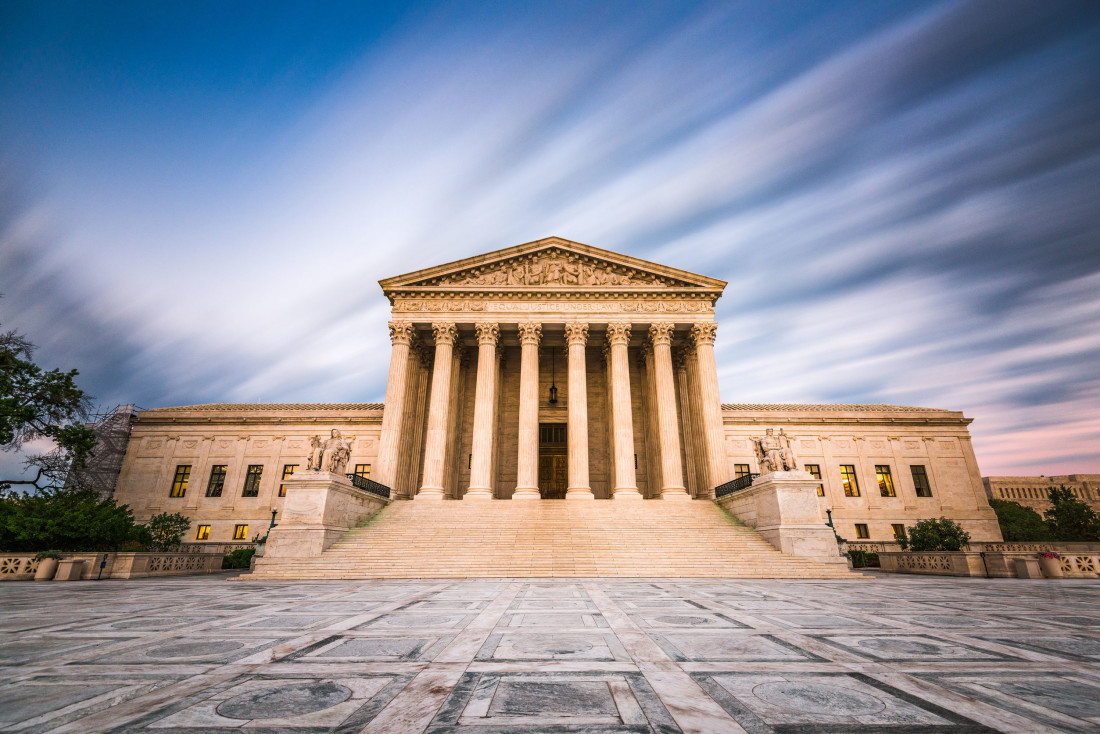Overview
The Supreme Court  recently decided to take a closer look at the False Claim Act’s (FCA) Scienter Standard after two contentious Seventh Circuit case panel rulings. See U.S. ex rel Schutte v. SuperValu Inc., No. 21-1326, and U.S. ex rel Proctor v. Safeway, Inc., No. 20-111. The Seventh Circuit ruled in a 2-1 decision, in both cases, that the food-pharmacy chains were shielded from liability because their alleged fraudulent misconduct was “reasonably objective” in terms of compliance obligations. The Supreme Court’s Safeco standard for scienter in a Fair Credit Reporting Act (FCRA) case was applied to these cases. Safeco Insurance Co. of America v. Burr, 551 US 47 (2007).
recently decided to take a closer look at the False Claim Act’s (FCA) Scienter Standard after two contentious Seventh Circuit case panel rulings. See U.S. ex rel Schutte v. SuperValu Inc., No. 21-1326, and U.S. ex rel Proctor v. Safeway, Inc., No. 20-111. The Seventh Circuit ruled in a 2-1 decision, in both cases, that the food-pharmacy chains were shielded from liability because their alleged fraudulent misconduct was “reasonably objective” in terms of compliance obligations. The Supreme Court’s Safeco standard for scienter in a Fair Credit Reporting Act (FCRA) case was applied to these cases. Safeco Insurance Co. of America v. Burr, 551 US 47 (2007).
In Safeco, the insurance company did not give the consumers any notice of adverse action based on credit report data because it thought the requirement did not apply to initial applications. The Court held that the companies did not act with reckless disregard unless the action is not only a violation under a reasonable reading of the statute’s terms, but shows that the company’s risk of violating the law was substantially greater than the risk associated with a reading that was merely careless. Under the Safeco standard, someone who acts under an incorrect interpretation of the statute or regulation cannot be deemed to have “knowingly” violated the statue or acted with “reckless disregard” if their interpretation of an unclear law is objectively reasonable and no authoritative guidance prevents their interpretation.
On January 13, 2023, the U.S. Supreme Court granted certiorari, which will allow arguments on the issues in those cases. The Supreme Court will have to decide “when or whether a defendant’s simultaneous subjective understanding or beliefs about the lawfulness of its conduct are relevant to whether it “knowingly” violated the FCA’s” scienter standard. Currently, the standard for scienter under the FCA only allows for liability when fraud occurs in three instances: (1) knowingly; (2) with reckless disregard; or (3) deliberate ignorance of the truth. The Court’s rulings on these two cases could mean significant changes to the FCA since the Act’s first amendment in 1986.
Historically, the Supreme Court has rarely heard two FCA related cases in one term. This is major. If the Safeco standard is upheld it has the potential to change the FCA as we know it. The government would have a higher burden of proof in prosecuting fraud claims. What will the Supreme Court decide? Will a defendant’s subjective beliefs now be considered in FCA litigation? The Court will hear arguments on April 18.
More recently, in remarks at the Federal Bar Association’s annual Qui Tam Conference, U.S. Senator Grassley suggested that he may introduce FCA amendments to address the scienter issue to require subjective intent if the Supreme Court upholds the Seventh Circuit. Grassley defines the FCA as “the government’s most powerful tool in fighting and deterring fraud.”
